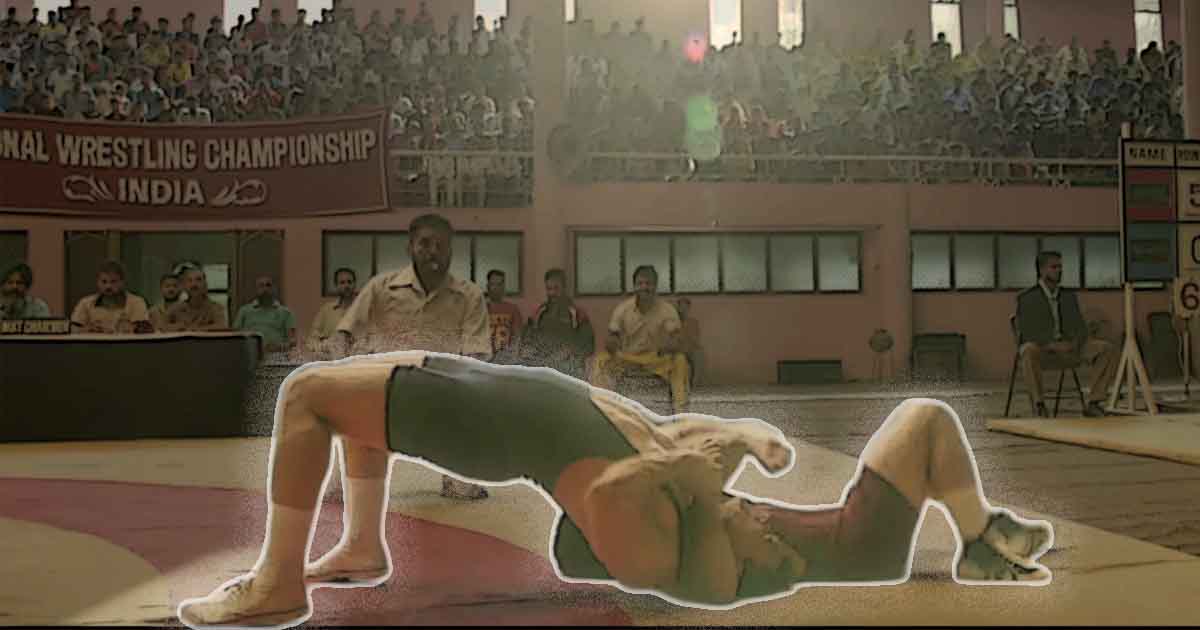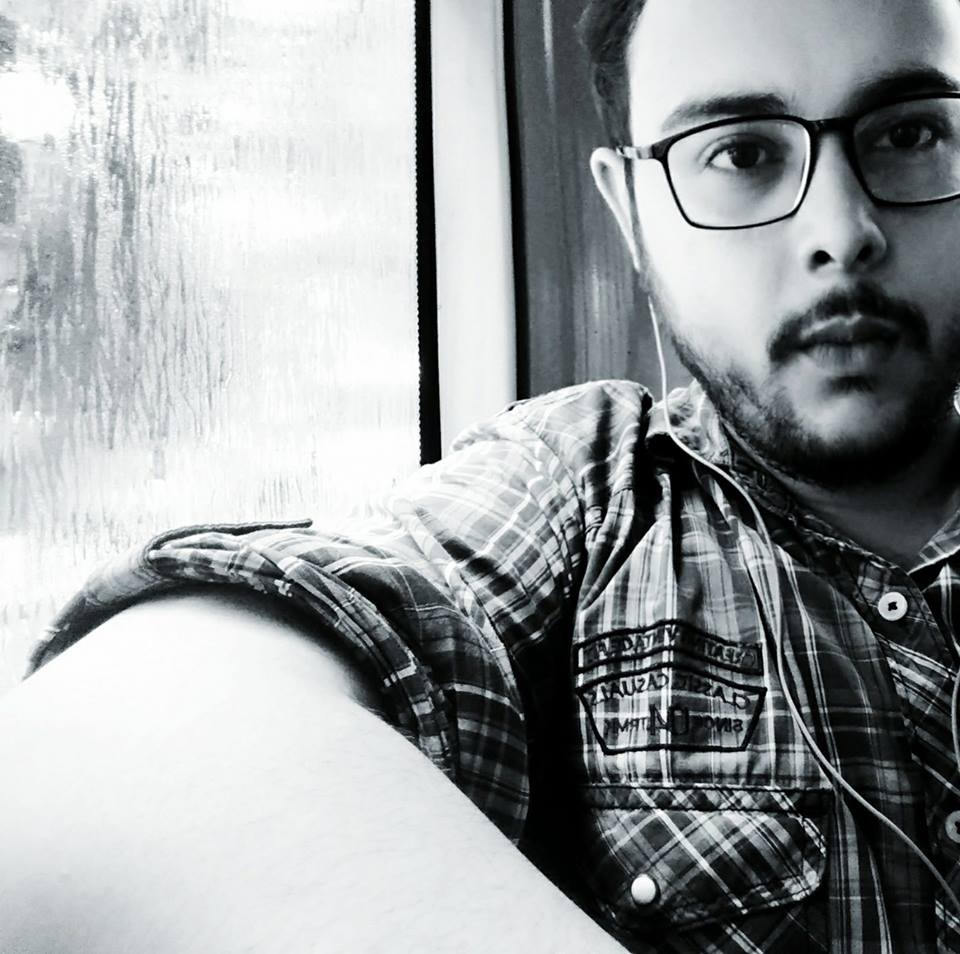It’s time India took their archaic treasure to a futuristic weapon of glory
After a marvelous performance by the Indian wrestlers at the Gold Commonwealth Games, the way they fared at the Asiad was dismal, to put it mildly. Over the years, Indian wrestlers have proved their mettle on the biggest stage and it is evident that a sharp brain now could take them to next level.

It was only after Sushil Kumar had achieved the unthinkable at the 2008 Olympics, when not only the people of India but the Sports Ministry, too, was forced to take notice of the goldmine of talent Indian wrestling had in its reserve. The notion had been pretty much floating by then that India too could become a force on the biggest sporting stage with proper nurturing.
The fact that this had happened despite years of negligence towards a non-cricketing sport by the government was marvelous in itself and India have had largely to thank Sakshi Malik, Sushil, and Yogeshwar Dutt for it. After India fetched two more medals (a silver and a bronze) in the 2012 Olympics, the belief was cemented and three years later just ahead of the Rio Olympics in 2016, India opened doors to Pro Wrestling League, which not only gave the Indian grapplers a good exposure but also a proper measure of their abilities against some of world’s best, which was, prior to this, mostly once in four years.
Sakshi came to the fore from there, winning the bronze in Rio and India have kept improving since then with their biggest highlight being a whopping 12 medals at the Gold Coast Commonwealth Games earlier this year. The steep rise was, however, stunted when India showed up at the Asian Games with Iran and Mongolia also participating and it turned out to be a brutal eye-opener. 18 wrestlers were sent in the contingent and India came back with only three medals – two golds and one bronze.
One of the gold
The 2012 Olympic bronze-medalist had pointed out last month that Indian coaches were living in the past and so did their techniques. He recalled that only after India had brought in a Georgian coach in 2003 that the nation had started winning medals in Olympics, World Championships, and Asian Games. Prior to Sushil’s bronze in 2008, India’s last medal in wrestling had come way back in 1952 – another bronze by Khashaba Dadasaheb Jadhav. India has added four more medals since then but recent results have given enough indication that the progress has touched the ceiling with sheer determination and hard work no longer enough.
After a point, every game becomes cerebral from where only efficient technique and shrewd tactics could help one and it is here that the foreign coaches would be helpful for India. And it isn’t like that the WFI have been totally oblivious to it, but their lethargic
Prior to the Asiad, the WFI had initially sent just three applications to SAI citing the name of Iran's Hossein Karimi (men's), Russia's Farniev Irbek Valentinovich (women's), and Georgia's Temo Kazarashvili (Greco-roman). None of them could be roped in and by the time WFI realized the mistake and send 10-12 more applications, it was too late to get someone on board. Consequently, India’s wrestling contingent had to be coached by Jagminder Singh in men's freestyle category, Kuldeep Malik for the women’s, and Kuldeep Singh for the Greco-roman category.
Other countries have never wasted time in hiring Indian coaches as and when required and the best example of that would be Iran’s Women’s Kabaddi team. Waiting to get a call-up from her country, Nasik-based coach Shailaja Jain didn’t waste a second in accepting the job when Iran offered her a year back. And after the Iranian eves followed the footsteps of their male counterparts to beat the Indian women’s side and win the gold at the Asian Games, Shailaja revealed that she only had to work on their tactics as the physical fitness was already there. WFI getting foreign coaches to train their players would be somewhat similar.
Among the countries dominating the world wrestling stage, Russia stands tall and a closer look at the system that is put in place in the country rightly reflects why it is so. Though Iran, with wrestling as their national sport, has the Mazandaran province, especially the city of Juybar that has been a hub of champions wrestlers over the years, it is Russia where the technicalities of the sport are accentuated the most. Like cricket in India, wrestlers enjoy idol stature in the country and if Russia’s national tournament is observed closely, one would see the range of variegated attacks. Punching above one’s weight is the norm there, which takes tactics like funk to a whole different plane.
The constant apprehension of getting launched in the air reduces most of their attacks to lightning fast ankle dives with the
Wrestling is one of many sports where the repechage round comes into significance and hence it demands the use of videos and analysis of opponents as fast and as detailed as possible. Russia excels in it. A good wrestler will always have to be aware of his opponent’s strength and American wrestler Jordan Burroughs is popularly known to be a lover of videos. In terms of tactics and strategy, Russia doesn’t trail either and Mavlet Batirov’s famous match against Stephen Abas in the 2004 Olympic gold medal match is a testament to it. In the 2003 World Championships, while the American wrestler had defeated Batirov in the pool competition, one year later on the biggest stage, Abas had completely studied and demystified
One look at India’s Greco-Roman wrestlers’ struggles at the Asian Games concluded recently, and one would agree how immensely useful a tactically enhanced coach could be for the India wrestlers with his meticulously detailed clips loaded with information about opponents. To make it simpler, if India had foreign coaches at their helm going into the Asiad last month, the likes of Manish Kundu, Gurpreet Singh, and Hardeep Singh might have seen different results in their respective Repechage 2 round bouts.
Though Greco-Roman has never been India’s strength, it has been seeing a welcome change of late. The Junior Asian Wrestling Championships held in New Delhi earlier this year was somewhat of a success with the players getting in one gold, two silver
Sonu Khatri, the coach of the Indian Greco-Roman squad, said in an interview with IANS, “We brought in foreign coaches for more specialized training on Greco-Roman techniques. The standing positions have always been our strong point. But is not that important as the ground positions decide the outcome of
Like Russia, Iran, Mongolia, wrestling runs deep in India’s history too. Famously known as Malla-
After the Asiad debacle, India has a good two years to prepare for the gala event in Tokyo, and with numerous tournaments in between, the timing cannot be riper for the WFI to right their wrongs. With foreign coaches having already been roped in the junior level, it should be a matter of time before the champions take their tutelage. But, India could do better than that. Why stop at taking help from outside when the country can send their brightest minds outside to hone their coaching skills?

Comments
Sign up or log in to your account to leave comments and reactions
0 Comments